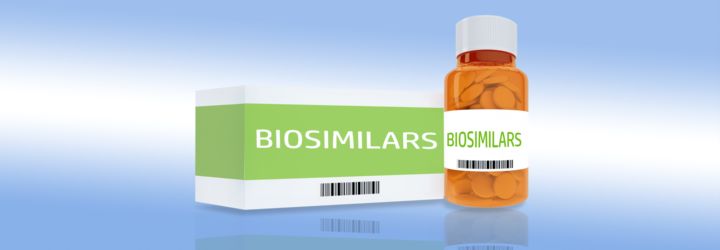.png) Agenzia Italiana del Farmaco
Agenzia Italiana del Farmaco
FAQ - Biosimilars

March 2019
What is a biosimilar medicine?
A biosimilar medicine is a biological medicinal product that is highly similar to an already approved one whose patent has expired.
What is a biological medicine?
It is a medicine derived from biological sources, such as micro-organisms, animal cells or human cells. Biological medicines have a more complex molecular structure than a chemically produced non-biological medicine and are approved for the treatment or prevention of many diseases such as inflammatory, autoimmune, neurological and degenerative diseases, chronic kidney failure, tumours, etc.
Do biosimilars have a similar quality, efficacy and safety profile to the reference medicine?
Yes, absolutely. To be authorized, a biosimilar medicine must demonstrate quality, efficacy and safety comparable to the reference medicine.
Is a biosimilar medicine administered in the same way as its reference product?
Yes. A biosimilar medicine must have the same mode of administration as the biological originator.
Why are biosimilar medicines similar and not identical to the reference medicine?
All biological medicines (therefore also biosimilars) are complex protein molecules, produced in the laboratory within living systems (such as cells): therefore, the production process can determine minimal differences that are also detected between the different batches of a same biological medicine, both originator and biosimilar. However, these differences do not change its effectiveness and safety.
Is it possible to replace a biological with a biosimilar medicine (so-called “switch”)?
Yes, the doctor can decide either to start a new therapy directly with the biosimilar medicine, or to replace the biological drug during treatment with its respective biosimilar (and vice versa), always providing the patient with the necessary information. There is no scientific basis for believing that adverse reactions could occur due to switching from one medicine to another.
Can the pharmacist replace the medicine prescribed by the doctor with a biosimilar (automatic substitution) as is the case with equivalent medicines?
No, neither the pharmacist nor the patient can change the doctor's prescription.
Can biosimilar medicines cause different adverse reactions than reference biologic medicines?
No. The possible adverse reactions expected are similar to those associated with the reference medicine.
In the package leaflet of each biological medicine, both originator and biosimilar, there is an inverted 'black triangle': what does it mean?
Medicines marked with a black triangle are monitored even more closely than other medicines in order to collect further pharmacovigilance data.
Why use biosimilars?
Because the use of biosimilars allows a greater number of patients to benefit from therapies with biological medicines, with the same resources.

